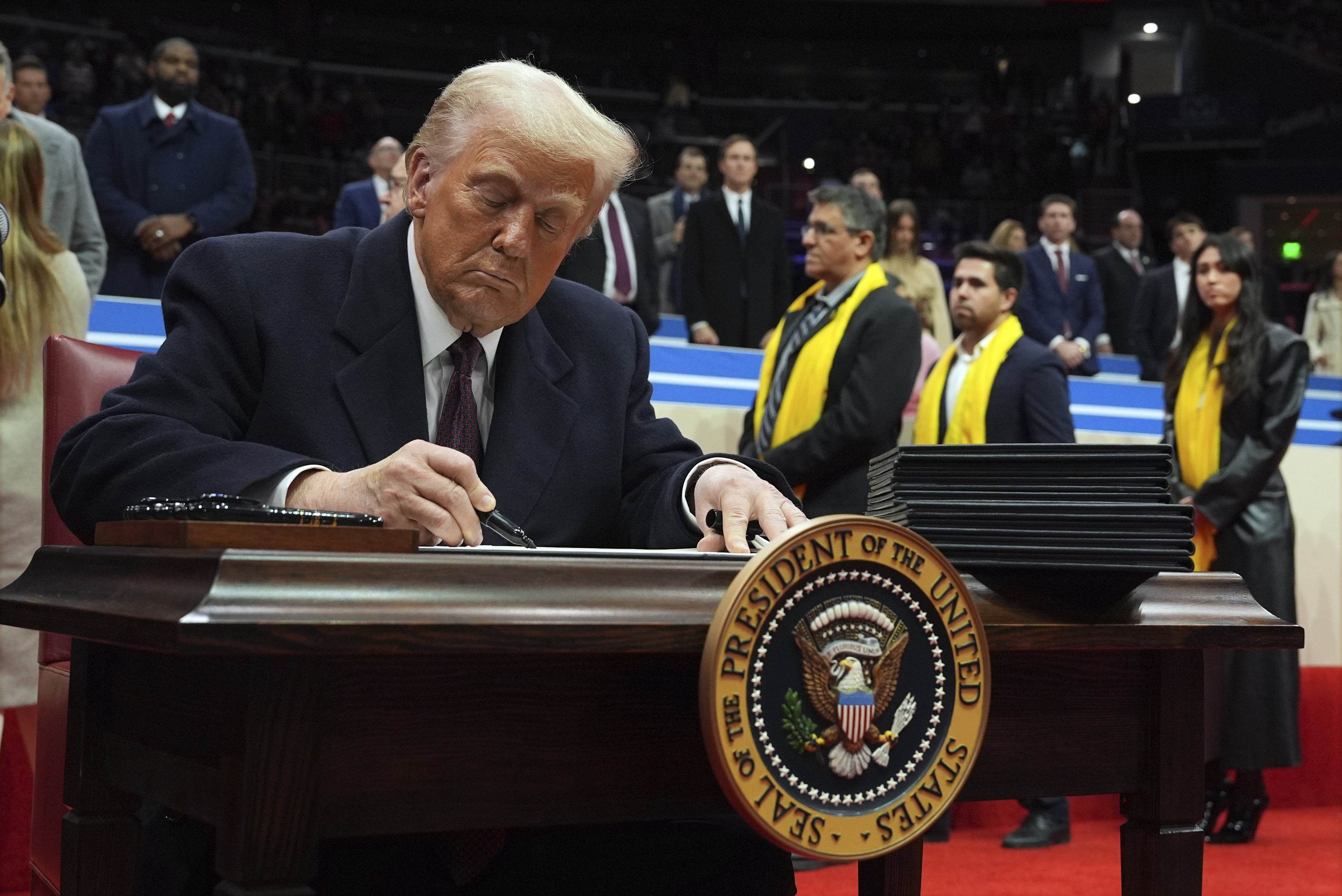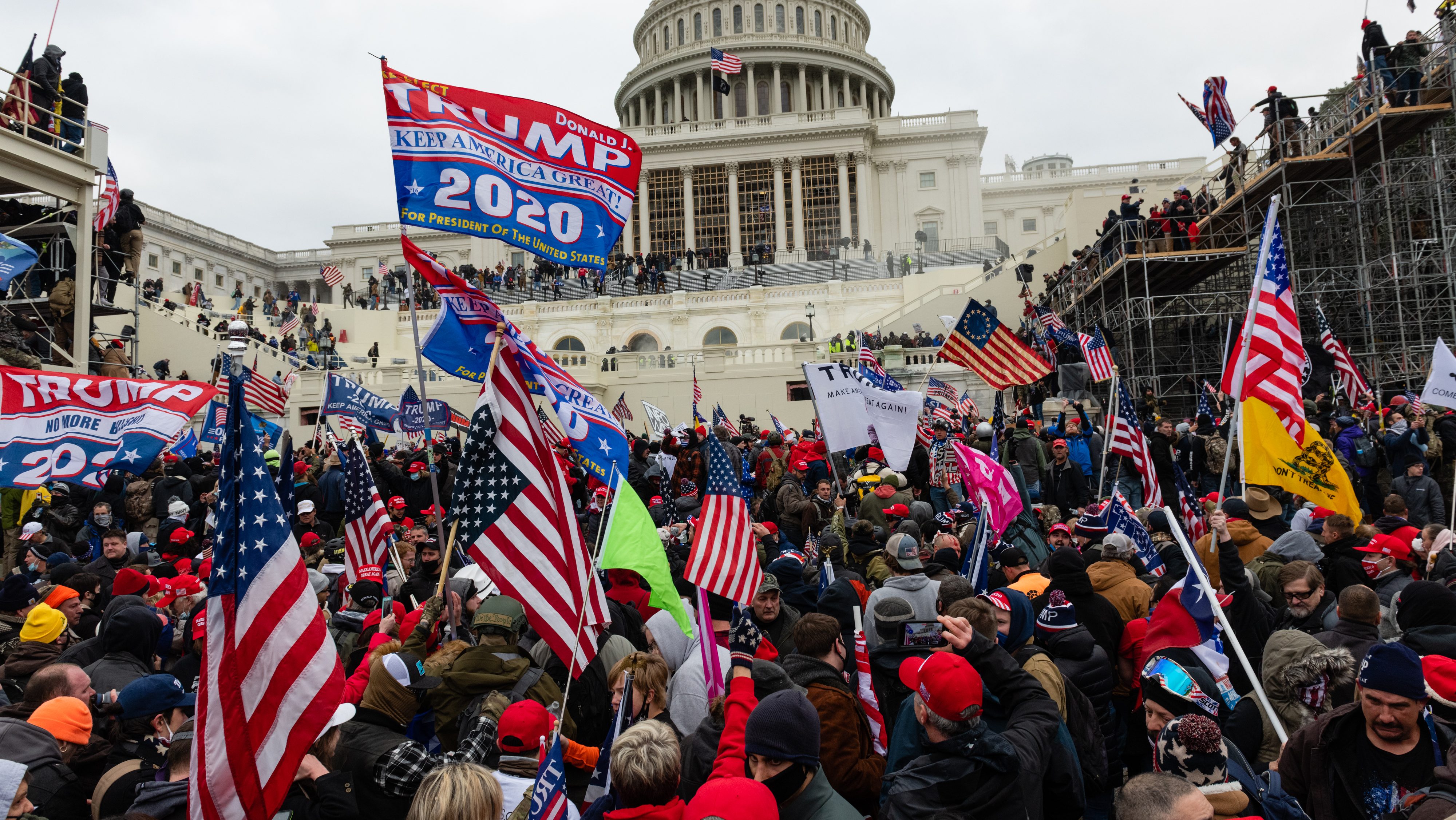Cigarette butts are not normally given top billing in discussions about tobacco-related problems. But they should be, according to environmental experts.
The USDA estimates that about 360 billion cigarettes are consumed in the U.S. each year. Close to two-thirds of those butts — 234 billion — are tossed as litter, according to a study by the environmental group Keep America Beautiful.
The prevailing strategy — organizing local clean ups, putting out ash receptacles in public areas and having city governments pay for storing cigarette butts in landfills — is not effective, according to Dr. Clifton Curtis, president and CEO of the Cigarette Butt Pollution Project. Tobacco companies are trying to help alleviate the problem, Curtis said, but they need to do more.
Those littered butts make their way from streets and sidewalks to storm drains, where they head to sewers, then hit waterways. Many eventually end up in the ocean and on beaches, leaching more than 7,000 chemicals, including heavy metals and over 60 known carcinogens.
According to Curtis, "incinerating them or burying them in landfills is not an appropriate solution." They’re like a concentrated toxic pill: the filter absorbs chemicals that are released when a cigarette is being smoked.
How cigarettes are made poses another problem, according to environmentalists. A study estimates roughly 141 million pounds of cellulose acetate, the primary component of a cigarette butt, is strewn across the U.S. each year. Cellulose acetate is somewhat photo-chemically degraded by sunlight, but is not biodegradable. So the butts build up in landfills, continuing to leach their chemicals into soil.
"Tobacco needs to be responsible through the lifecycle chain," Curtis said.
U.S. & World
Programs should be designed to pay for butts’ storage and disposal, and funding should be allocated for municipal efforts too, he said.
Tobacco companies and community organizations are chipping in with what they consider appropriate solutions. Initiatives like Keep America Beautiful's Cigarette Litter Prevention Program stress enforcement of litter laws, proliferation of cigarette disposal receptacles and dispersement of portable ashtrays. They say in communities in which their program has been implemented butt litter has been reduced by 52 percent.
The Cigarette Litter Prevention Program is sponsored in part by Santa Fe Natural Tobacco through its parent company Reynolds, and Altria, two of the largest tobacco companies in the nation.
Seth Moskowitz, spokesperson for Santa Fe Natural Tobacco, the makers of American Spirit cigarettes, said the company is partnering with New Jersey recycling company Terracycle and has built a network of over 7,000 recycling receptacles. The program has recycled 52 million cigarette butts since 2012, according to Moskowitz and Terracycle. The butts have been turned into plastic products like artificial lumber, flying discs and even ashtrays.
Altria spokesman Steve Callahan said his company believes the best way to curb cigarette butt litter is through education.
"We are taking a comprehensive approach: we educate adult smokers with labels on our packaging and partner with programs like Keep America Beautiful," he said.
But Curtis, the environmental advocate, believes the tobacco industry can do more by following the methods of the paint industry, which also has to deal with potentially hazardous waste from their products.
Curtis cites Paint Care Inc. as an example of how tobacco companies and municipalities can work together to solve the litter and storage problem. The non-profit, which was established in 2002, operates on the premise that "paint can be collected for reuse, recycling, energy recovery, or safe disposal."
Paint Care’s program is funded through fees on each container sold in states that have paint stewardship programs.
Activists advocate a similar concept for butts funded by new taxes on cigarette sales.
The city of San Francisco added a tax on cigarettes in 2009, attaching a 20-cent "Cigarette Litter Abatement Fee" to each pack. They city was promptly sued by tobacco company Phillip Morris USA, but a judge upheld San Francisco’s new law.
The local strategy has yet to become a national one.
Callahan, with Altria, said the company opposed additional taxes because, he said, cigarettes were "already heavily taxed."
But Curtis counters that most efforts to reduce cigarette butt waste are a "downstream" solution and the approach needs to change for concrete results.
"It’s good to see people cleaning up, but we need to do much more than that," he said. "We need to go upstream."



